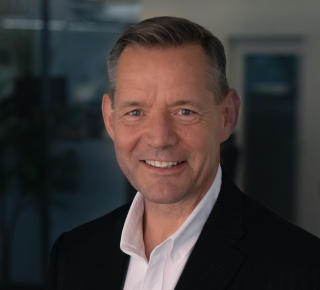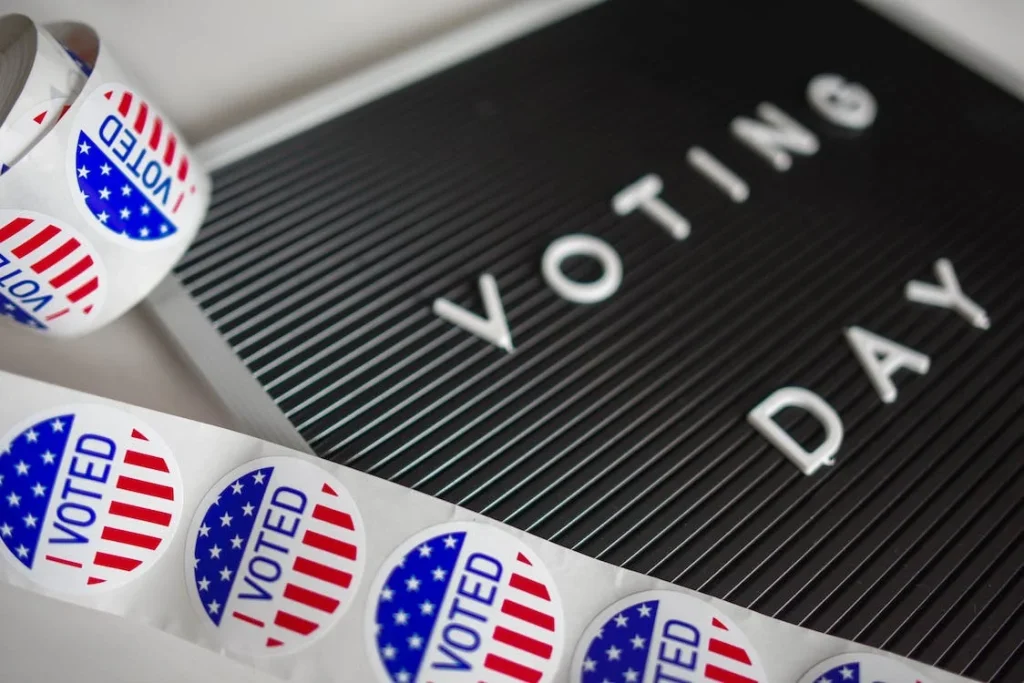Bill Rogers has been around. The CEO and Co-Founder of Orbita, Inc., co-founded and led technology development for a series of platform and healthcare companies before founding his current voice platform startup in 2015. MassTLC sat down will Bill to discuss the role of voice in revolutionizing a number of application areas, particularly in the healthcare space.
Voice as the Third Wave
As Bill explains, voice is the third wave of user experience. Internet was the first, mobile devices represented the second, and voice, in the form of conversational user experiences, is the third. The main advantage of voice is that it offers less friction as a technology interface. Users can use voice-enabled technology in a natural way, without having to learn how to navigate through a device or to use apps and tools. Users speak to their voice assistants just as they would to other people. This natural, human approach makes voice revolutionary.
Bill also sees the Internet of Things (IoT), and perhaps augmented reality (AR), as part of the third wave. In his view, the intersection of voice with IoT is where things get really interesting. IoT gives context (e.g., measured health indicators) to the information that users provide through voice assistants.
Voice in Healthcare
Although Orbita can be used as a platform for voice apps across verticals, healthcare is an obvious area where voice assistants can make an immediate impact. Various healthcare applications, e.g., drug trials, post-discharge compliance, patient/family education, remote patient monitoring, in-hospital provider assistance, are all areas where voice can improve patient experience and outcomes dramatically.
Voice as Enabler of AI Tools
As industries, including healthcare, are being transformed by artificial intelligence (AI), voice is becoming an enabler of AI applications. For example, a user can get a diagnosis by listing symptoms and answering questions from a voice assistant whose AI technology moves down a diagnostic path based on voice responses. At the same time, deep AI can interpret voice responses in the context of accent, emotion, etc.
New Skills Needed
As these new tools and technologies spread, new skillsets are required for the engineers and designers developing them. Voice app and platform developers need workers with voice user experience design abilities. Companies working on natural language processing are hiring thousands of engineers with expertise in this field.
Why Boston
For a company focused on healthcare technology, Boston is the place to be. Rogers cites Boston’s status as a global healthcare capital and its universities’ role as a mecca for AI technologies, as powerful motivators to create his business here. Like most Bostonians, he’d like better winters and better transportation, but otherwise is excited to be here.
Orbita’s current offices are in the WeWork space in the Seaport. Connecting with the startup community there has led to the exchange of ideas and even some business collaboration.
Learn more about Orbita here.


